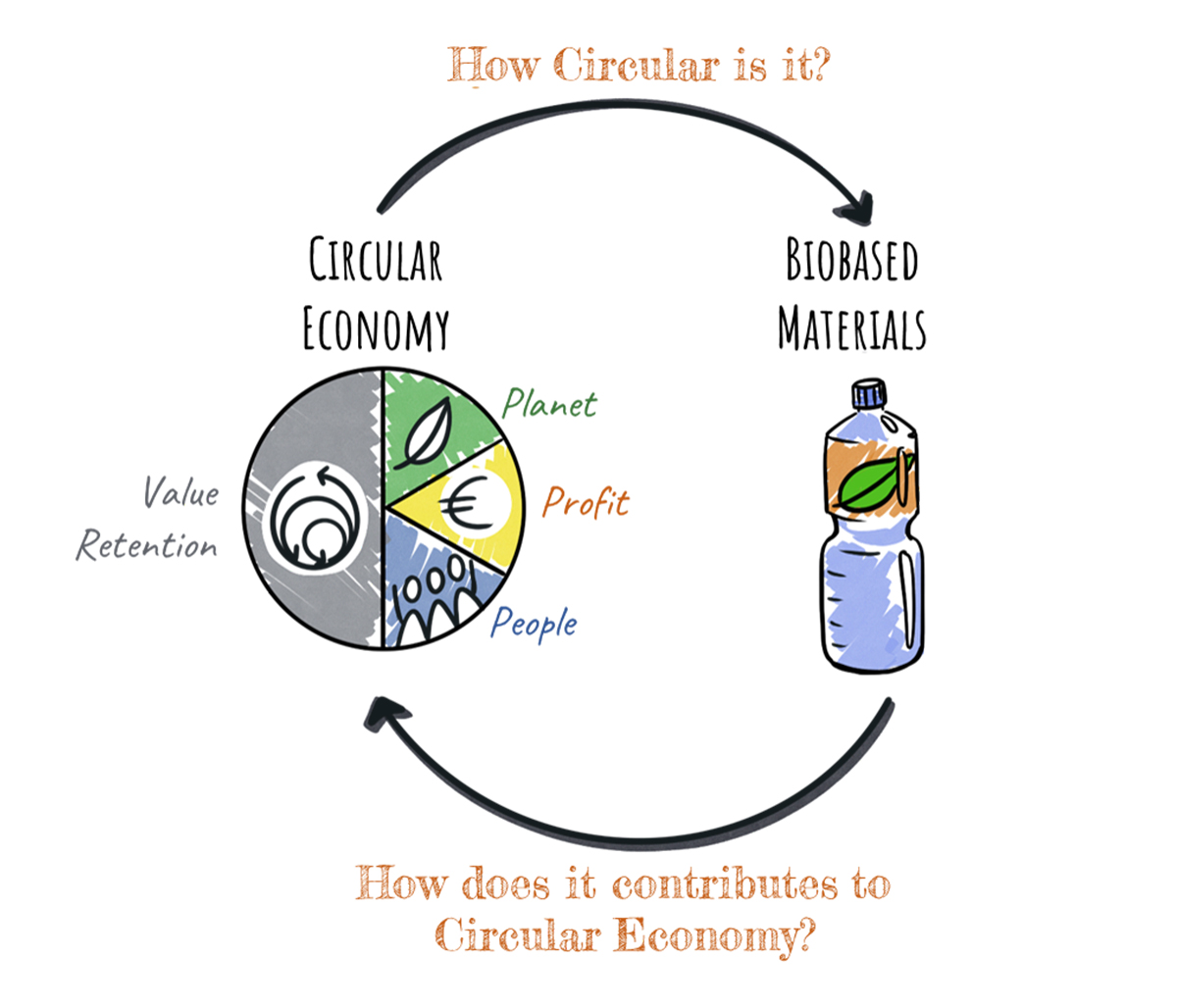Sustainability of biobased materials in a circular economy
As awareness, research and funding on bio-based materials have increased significantly over the recent years, questions on how these innovative materials can help to close the material loops and address environmental issues have become more important than ever.
Biobased materials refer to materials made from renewable biological resources such as plants, wood and organic waste, and are therefore regarded as more ecological than some other materials. Examples of biobased materials include cellulose fibres, engineered wood and bioplastics.
For it, tools like Life Cycle Assessment (LCA) are key. LCA is a technique that is widely used to analyze the full range of environmental impact associated with the different life stages of any product – from raw material processing and manufacturing through to its distribution, use, repair and disposal.
This is vital in the context of a circular economy, which aims to maximize the value and lifespan of resources and regenerate materials at the end of their life cycle to minimize waste. Tools to measure the contribution of the CE are yet to be developed and are an important element of this project.
As the development and application of biobased materials are still relatively new, further research is needed to understand how sustainable they are compared to other existing materials and how can they provide options and opportunities for a more circular economy and society.
